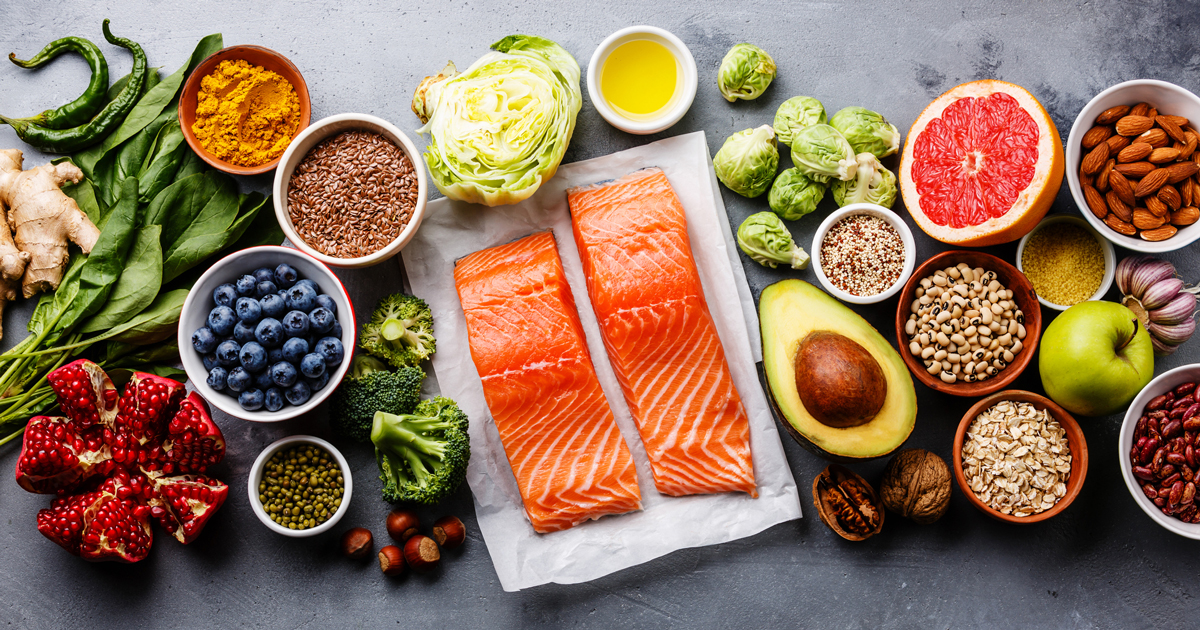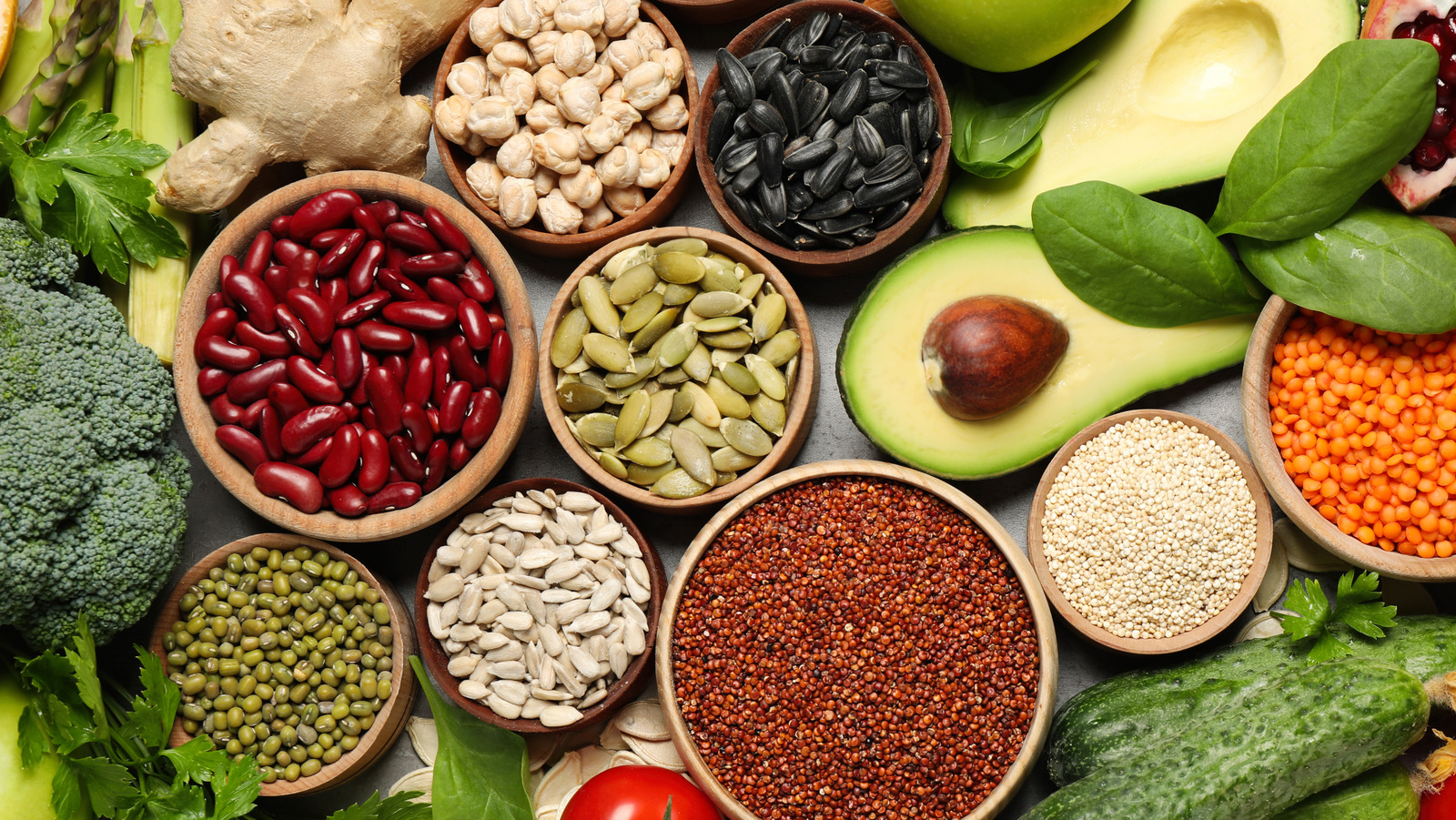When it comes to maintaining good health, one of the key factors to consider is your red blood cell count. Red blood cells are responsible for transporting oxygen throughout your body, which is essential for overall well-being. If you’re looking for natural ways to increase your red blood cell count, superfoods can be your allies in this journey. Let us explore and learn more about blood and different types of blood cells.
Types of Blood Cells
Blood is a vital fluid in the human body that contains several different types of blood cells, each with distinct functions.
- Red Blood Cells (Erythrocytes): These are the most numerous type of blood cell and red blood cells function is to carry oxygen from the lungs to all tissues of the body. They include hemoglobin, an oxygen-binding protein that gives blood its red color.
- White Blood Cells (Leukocytes): White blood cells are part of the immune system and play a critical role in defending the body against infections.
- Platelets (Thrombocytes): Platelets are not actual cells but are small, disc-shaped cell fragments. They are involved in blood clotting and help to prevent excessive bleeding when blood vessels are damaged.

The Importance of Red Blood Cells
Before we delve into the foods to increase red blood cells, it’s essential to understand the crucial role red blood cells play in your body:
- Oxygen Transport: Red blood cells are like tiny oxygen delivery vehicles. They pick up oxygen from your lungs and carry it to every cell and tissue in your body.
- Energy Production: Oxygen is vital for the production of energy in your cells. With low red blood cell count, you can experience fatigue and weakness.
- Carbon Dioxide Removal: Red blood cells also help remove carbon dioxide, a waste product of metabolism, from your body.
- Immune System Support: Red blood cells contain hemoglobin, a protein that not only carries oxygen but also plays a role in the immune response and detoxification.
Normal Ranges of Red Blood Cells
Red blood cells normal range can vary slightly depending on the laboratory and the population being tested. However, the following are general reference ranges for normal red blood cell count in adults:
- For men: Typically, the RBC normal range is about 4.5 to 5.5 million cells per microliter (mcL) of blood in men.
- For women: The normal RBC count in women is generally slightly lower, ranging from 4.0 to 5.0 million cells/mcL of blood.

Factors Affecting Red Blood Cell Count
Several factors can influence your red blood cell count, including:
- Nutrition: A diet lacking in essential nutrients like iron, vitamin B12, and folic acid can lead to low count.
- Medical Conditions: Certain medical conditions, such as anemia, kidney disease, and bone marrow disorders, can impact red blood cell production.
- Chronic Diseases: Chronic diseases like cancer, diabetes, and rheumatoid arthritis can affect red blood cell count.
- Genetics: Some people may have genetic conditions that affect red blood cell production or lifespan.
- Medications: Certain medications can interfere with red blood cell production.
Superfoods to Boost Red Blood Cell Count
Now that we understand the significance of red blood cells and the factors that can affect their count, let’s explore some foods to increase red blood cells count.
1. Spinach

Spinach is rich in iron, a crucial mineral for red blood cell production. Iron is an essential component of hemoglobin, the protein that carries oxygen in red blood cells. Incorporating spinach into your diet can help increase your iron intake and results in production of high red blood cells.
2. Lentils
:max_bytes(150000):strip_icc()/how-to-cook-lentils-opener-2000-9427064c3429470cb7c9b14646ea8a0e.jpg)
Lentils are not only a great source of plant-based protein but also rich in iron and folate. Folate is essential for the production of high red blood cell count and its maturation. Lentils are an excellent choice for vegetarians and vegans looking to boost their red blood cell count.
3. Beets

Beets are packed with nutrients, including iron, vitamin C, and folate. Vitamin C enhances the absorption of iron from plant-based sources, making beets a valuable addition to your diet for improving red blood cell count.
4. Red Bell Peppers

Red bell peppers are not only delicious but also a fantastic source of vitamin C. As mentioned earlier, vitamin C aids in iron absorption, which is crucial for its production and red blood cells function.
5. Liver
.jpg)
Liver, particularly from animals like beef or chicken, is exceptionally rich in iron, vitamin B12, and folate. These nutrients are essential for red blood cell formation. However, liver should be consumed in moderation due to its high vitamin A content.
6. Pomegranates

Pomegranates are known for their antioxidant properties, but they also contain iron and vitamin C. Drinking pomegranate juice or adding pomegranate seeds to your salads can contribute to better red blood cell health.
7. Eggs

Eggs are a well-rounded source of nutrients, including vitamin B12 and iron. Both of these nutrients are crucial for red blood cell production. If you follow an ovo-vegetarian or omnivorous diet, eggs can be a valuable addition.
8. Kidney Beans

Kidney beans are rich in iron, folate, and protein. Incorporating kidney beans into soups, salads, or stews can help increase your intake of these essential nutrients for red blood cell health and hence maintaining a good red blood cells count.
9. Pumpkin Seeds

Pumpkin seeds are rich in iron and can be consumed as a snack or added to various dishes to enhance your iron intake.
10. Fish

Fatty fish like salmon and tuna are good sources of vitamin B12, which is essential for red blood cell production. They also contain iron and omega-3 fatty acids, promoting overall health.
Incorporating Superfoods into Your Diet
To reap the benefits of these superfoods and boost your red blood cell count naturally, consider incorporating them into your daily diet. Here are some practical tips:
- Create balanced meals: Combine these superfoods with a variety of other nutrient-rich foods to ensure a well-rounded diet that boosts your red blood cells count.
- Experiment with recipes: Explore different recipes to make these superfoods a tasty and enjoyable part of your meals.
- Consult a healthcare professional: If you suspect an underlying health issue causing low red blood cell count, go for an RBC blood test or seek guidance from a healthcare provider for a proper diagnosis and treatment.
Conclusion
Maintaining a healthy red blood cell count is crucial for overall well-being, as these cells play a vital role in oxygen transport and energy production. By incorporating superfoods rich in iron, vitamin B12, folate, and vitamin C into your diet, you can naturally boost your red blood cell count and enhance your overall health. So, go ahead and elevate your health by embracing these nutritious superfoods today!


